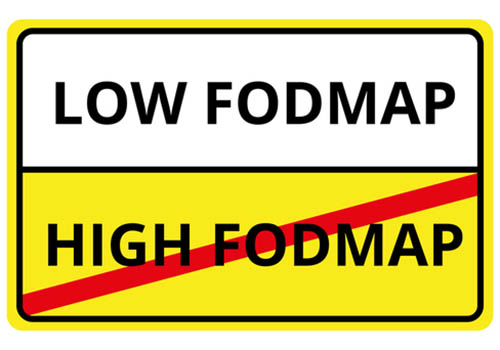New hope for patients with IBS
January 15, 2018

The New Year often brings with it a renewed commitment to healthy habits. For the one in seven patients worldwide who suffer from irritable bowel syndrome (IBS), those habits can include a new diet that has been proven effective in relieving symptoms. The Low FODMAP Diet lowers consumption of FODMAPs, small chain carbohydrates containing sugars and fibers that cannot be properly absorbed in the small intestine. When FODMAPs ferment in the colon they produce gas in the gastrointestinal tract that causes bloating and discomfort in the intestines.
Specialists at Northwest Community Healthcare (NCH) are experts in determining whether the Low FODMAP Diet is appropriate for patients. Ami Behara, M.D., Board-Certified Gastroenterologist, and Lori Mager, M.B.A., RDN, LDN, CDE, NCH’s Clinical Nutrition Manager, offer their expertise regarding the Low FODMAP Diet and what looks to be new hope for IBS sufferers.
What foods are included as FODMAPs?
FODMAP stands for Fermentable Oligosaccharides, Disaccharides, Monosaccharides And Polyols. High-FODMAP foods include wheat and other grains containing gluten, high fructose fruits, most legumes, garlic, onions and lactose-rich dairy products.
How do FODMAPs affect people with IBS?
“If you look at a list of foods that are on the Low FODMAP Diet, you will likely find things you eat every day and are even good for you,” points out Dr. Behara. For a small subset of people, FODMAPs cause increased gastrointestinal symptoms including gas, bloating and diarrhea. Avoiding FODMAPs can improve symptoms in some patients with IBS, particularly those with gas and bloating as predominant symptoms. “The digestion and absorption of FODMAPs in people with IBS are affected by what is called the ‘gut-brain axis,’ a communication pathway between the nerves that surround the bowel and the brain,” says Mager.
Who benefits?
Research has shown the Low FODMAP Diet to be the most effective, global dietary treatment for IBS symptoms, with nearly 75 percent of people reporting improvement and relief. However, Dr. Behara cautions that not everyone with IBS should be on this diet. It is reserved for those with gas and bloating as the most prevalent symptoms. “I typically would recommend a trial of the Low FODMAP Diet in this subset of patients who can be very strict about eating habits,” Dr. Behara adds.
How does the Low FODMAP Diet Work?
The Low FODMAP Diet is a two-step plan involving elimination and then reintroduction (or challenge) phases. The first step is a two- to six-week elimination diet that involves removing high FODMAP foods to evaluate if FODMAP-rich foods are triggering gastrointestinal symptoms. Following the initial stage, FODMAP-containing foods are reintroduced. As people transition into this reintroduction phase, they will be able to identify more specifically, which category of carbohydrates are bothersome.
“It is very helpful to work with a registered dietitian or nutritionist during both phases of the diet,” says Mager. “This will help to plan for foods to initially eliminate, identify triggers, reintroduce foods and then be sure that the second phase of the diet allows for adequate nutrients.” Mager also cautions that patients should only follow the first step of the diet for two to six weeks, as it is very restrictive and may be difficult to ingest adequate nutrients. Once they can identify which category of carbohydrates is bothersome, patients can transition into the reintroduction phase of the diet more successfully.
Is the Low FODMAP Diet right for you?
The Low FODMAP Diet is helpful to many people with IBS. However, it is recommended that patients avoid self-diagnosis and seek a proper evaluation by a medical doctor to rule out other conditions. Once it is determined that the Low FODMAP Diet can be helpful, patients should seek the assistance and guidance of a registered dietitian/nutritionist (RDN) who is familiar with the diet to ensure success.